Suicide
What does it mean to feel suicidal or experience suicidal thoughts?
There are times when you may experience suicidal thoughts, you may feel like
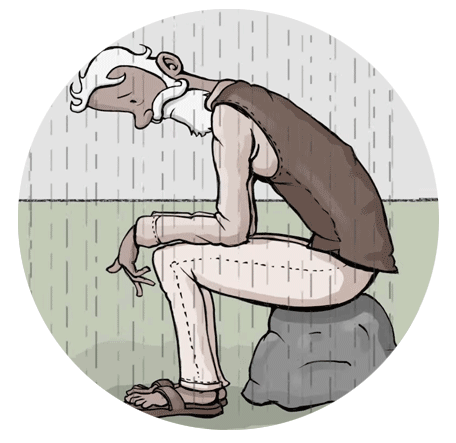
life is not worth living
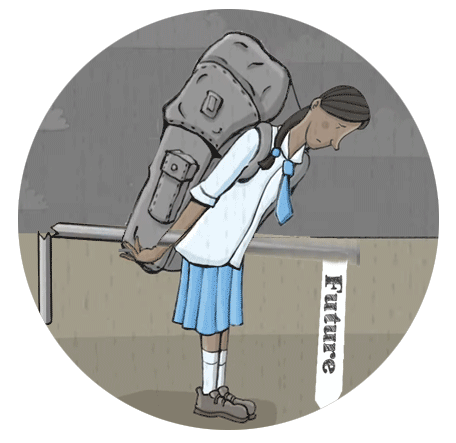
you have no hope for the future
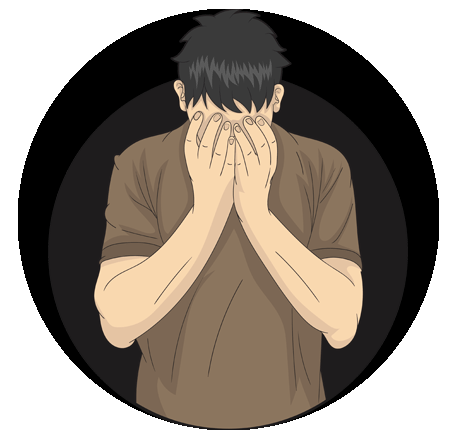
or that dying is a solution to your problems
It is important to recognize that these feelings do not make you a bad or weak person. These feelings do not need to become actions.
This must be a very painful time of your life and you may not be able to see it right now, but things will get better. You’ve taken a very positive first step by coming to this webpage and we aim to help you to find a way forward. You are not alone. You will get through this.
There are people that can help and steps you can take to overcome the crisis.
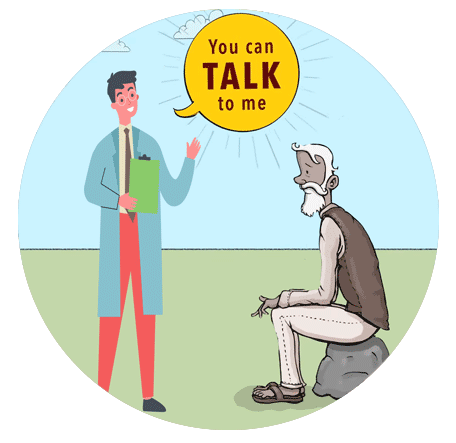
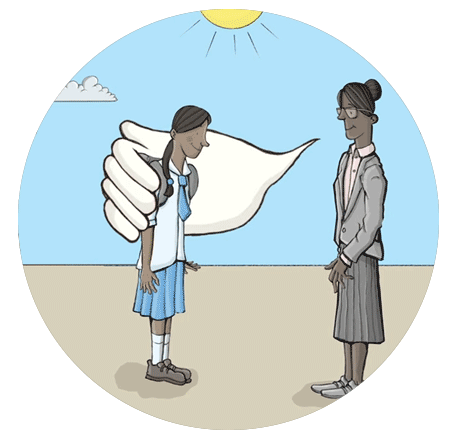
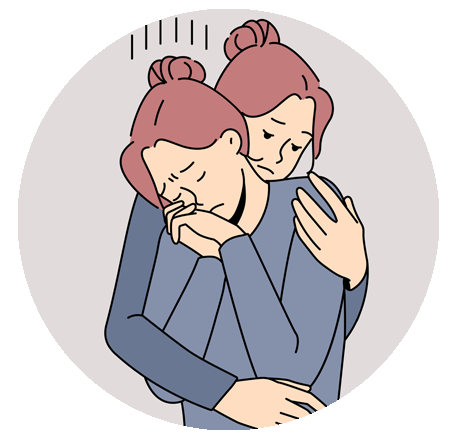
Read more about suicide and suicide prevention
What can you do to manage your suicidal thoughts?
Seek help
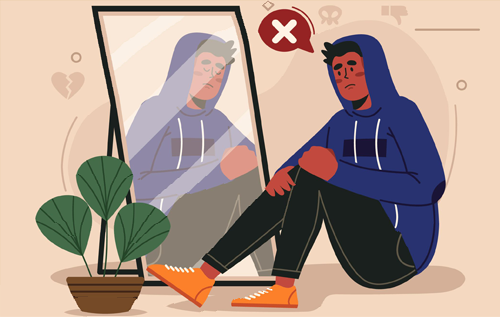
If you are experiencing suicidal thoughts, it is very important that you seek help. Reach out and tell someone how you are feeling. You are not alone, there are lots of people that can help, even if you do not feel that anyone can help.
Who you should call?
Call someone you trust, who is likely to be helpful in a crisis. This could be a:
- friend
- family member
- doctor
- psychologist
- psychiatrist
- teacher
- religious/spiritual leader.
Call a suicide or crisis hotline. Click here to find a number for your country.
Get in contact with your local mental health services and/or support services.
Asking other people for support during this time can help you to:
feel understood and connected
feel in control and empowered
figure out what to do.
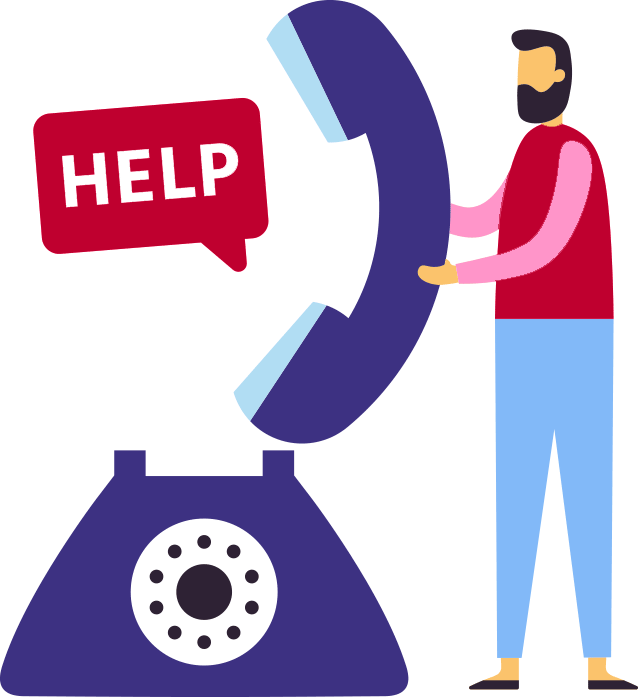

Suicide hotlines
We have emphasised the importance of reaching out and telling someone how you feel. Now, we will provide some tips on how to talk to someone about your suicidal thoughts.
It can be hard to find the words, you can start by:
- explaining how you’re feeling
- talking about challenges in your day-to-day life.
You can tell someone as much or as little as you want, it’s your choice.
Have as many conversations as you need to with as many different people as you like.
If the first person you reach out to does not understand or show empathy, don’t give up. Call a suicide or crisis hotline or try someone else.
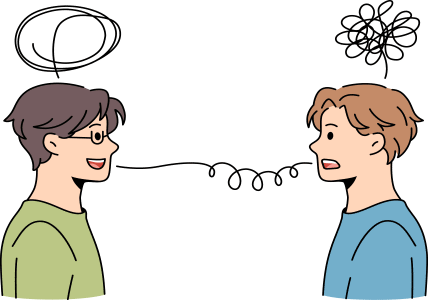
There are many other ways you can help yourself if you are feeling suicidal. Below are some steps to follow It can be very hard to take some of these steps on your own if you are feeling suicidal, you can always ask for help at any time.
Place yourself in a safe environment
To ensure you stay safe, make your environment safe. This can be hard to do if you are in crisis, so you should ask someone to help you. You can do this by moving yourself to a safe place, such as a public space with people around. Or you can do this by placing items that you could use to hurt yourself out of reach.

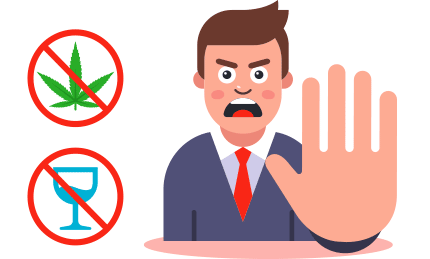
Avoid drugs and alcohol
Part of making your environment safe is avoiding drugs and alcohol. These substances can impair your ability to think clearly or to problem solve and can worsen feelings of depression, agitation and anxiety. It is very important that you not only do not consume these substances but that you avoid places where these substances are available to you.
Distract yourself with activities
Distraction by engagement in activities you enjoy (even if you do not feel like it) can be an effective coping strategy if you are experiencing suicidal thoughts. Below are some examples.
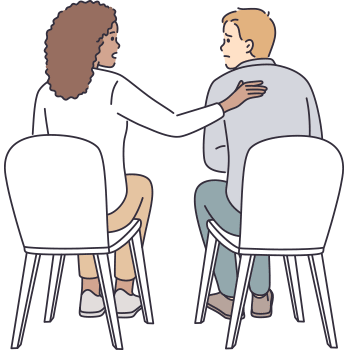
Being with friends, colleagues and/or family members
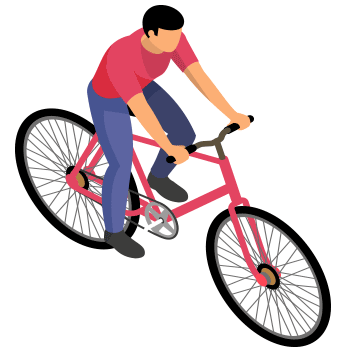
Exercising or going for a walk

Playing sports
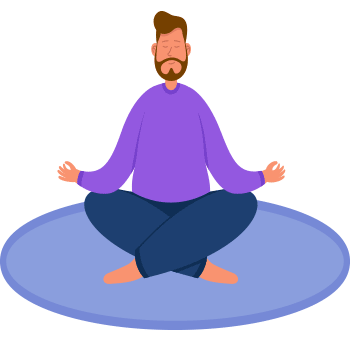
Turning to prayer, meditation or spiritual practice
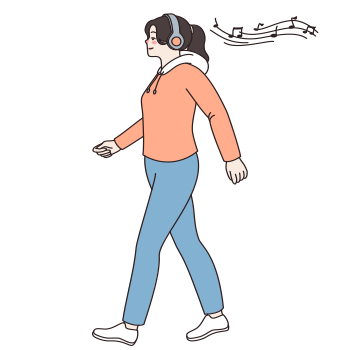
Listening to music

Watching a movie or TV show

Cooking
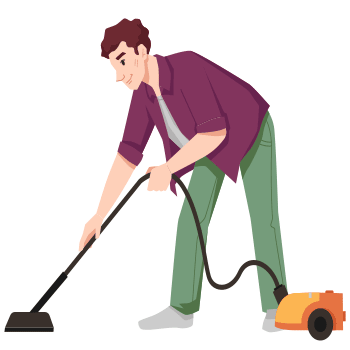
Cleaning

Gardening

Playing with a pet

Reading

Writing

Having a shower or grooming yourself
Try and distract yourself with an activity that you enjoy, even if it brings you only a small amount of pleasure. It can help you to stop thinking about suicide.
Distract yourself with people and places
People and places can also provide distraction if you are feeling suicidal. Just talking to a friend, even if it’s about sport or something on TV, can help take your mind off suicidal thoughts. Maybe you can even engage in an activity with a friend.
If you don’t feel like socializing, perhaps you could go to a place where there are people around, such as a café or a park.
Can you think of any people or places that may be able to take your mind off your problems?
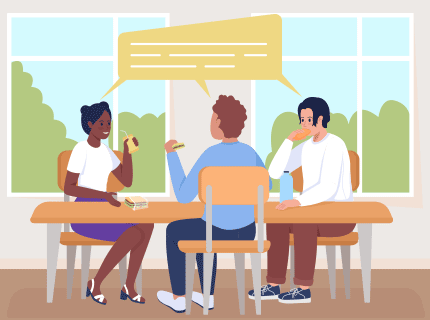
What can you do to manage your suicidal thoughts in the future?
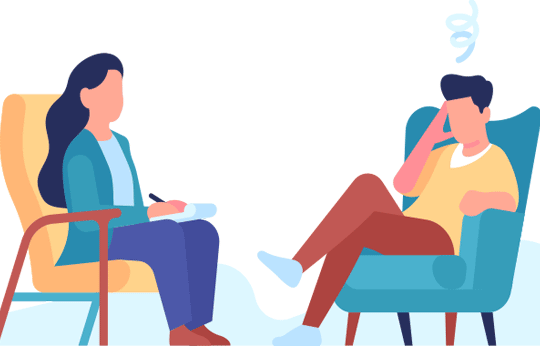
The best thing you can do to support yourself in the future is to actively seek help from a mental health professional. Even if an immediate suicide crisis has passed, plan to seek help from a professional. They will provide you with tools to help you cope better if it happens again and can even help to prevent it happening at all.
Sometimes when you are in the middle of a crisis it is hard to think clearly. You may not remember what activities give you pleasure, or you might find it hard to call a close friend for help. This is where a suicide safety plan becomes a very useful tool.
Developing a suicide safety plan
A suicide safety plan is best developed together with a health professional or someone you trust. It can be a written or typed document that outlines your individual coping strategies and sources of support. If you experience a suicidal crisis you can refer to your plan and follow your individualized list of steps to take.
Why don’t you write down some initial points under the headings below and if you want to you can take it to a mental health professional for review and discussion.
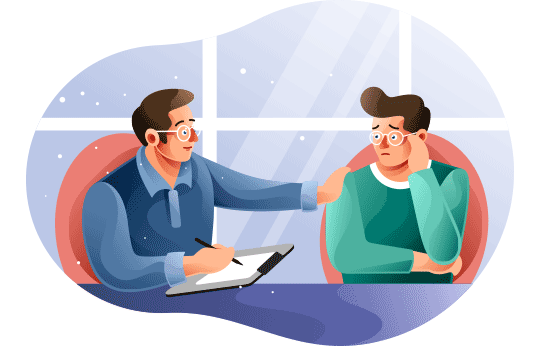
Step 1. List your warning signs
Most of the time, before suicidal thoughts occur, there will be warning signs. You are best placed to identify warning signs that you are becoming suicidal. That said, sometimes the people around you can help you to identify what these warning signs may be for you.
Some examples of warning signs that you may experience when you are becoming suicidal are:
- enhanced feelings of hopelessness
- a persistent drop in mood
- increasing use of alcohol and drugs
- losing interest in your favourite activities
- engaging in risky or reckless behaviour
- become socially withdrawn, isolating yourself
- insomnia
- feeling agitated or angry
1
2
3
Once you have a better idea what your warning signs are, it will help you to recognize when you are becoming suicidal. If you recognize warning signs of a suicidal crisis, refer to the next steps of your suicide safety plan as these are the actions you can take to stop the feelings getting worse.Step 2. List activities that can distract you and take your mind off your problems.
1
2
3
Step 3. List friends and places that can provide you with a distraction.
Name:Phone:
Name:Phone:
Place:
Place:
Step 4. List people who you can call for help.
Name:Phone:
Name:Phone:
Name:Phone:
Step 5. List health professionals who you can call for help.
Name:Phone:
Local urgent care services: Address: Phone:
Crisis hotline phone:
Step 6. List the ways in which you can make your environment safe.
Don’t wait until a suicidal crisis to make your environment safe. If possible, remove things that you could use to harm yourself now.
Now write down one thing that is very important to you and makes life worth living.
1
When to use a suicide safety plan
Once you have developed your plan, you can use it whenever you recognize any of your suicidal warning signs or once you are in a crisis. You can keep it somewhere private, like in your bedside drawer, or somewhere easily accessible, like on your fridge or on your phone. You can give a copy to people you trust or your health professional, so they know how to help you if you are in a crisis.
Additionally, you may like to save some of your contacts, people you trust, health professionals and crisis lines in your phone so they are very easy to find in a crisis.
Use your suicide safety plan the way it works best for you.
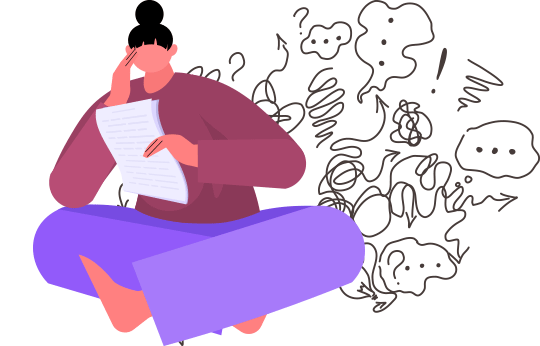
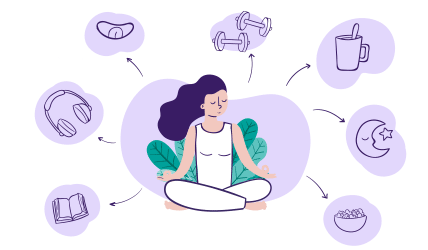
Caring for yourself
There are ways you can improve your overall mental health, which in turn will help reduce the risk of further suicidal thoughts. There are some other helpful resources on this website that can help you reduce stress and manage problematic use of alcohol and other substances.
What can you do if someone close to you is feeling suicidal?
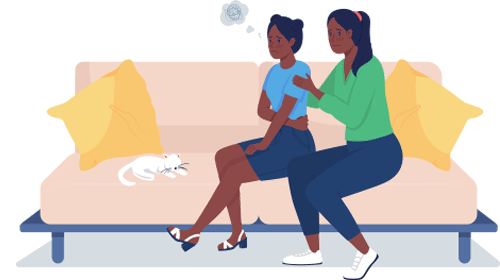
Are you worried that someone close to you may be experiencing suicidal thoughts or have plans for suicide? There are things you can do to help. We will help you to recognize and respond to the warning signs that someone is at risk of suicide.
What are the warning signs?
Most people display one or more warning signs if they are becoming suicidal. Recognizing these signs is an important part of identifying that the person needs help.
There are many different warning signs that suicidal thoughts are occurring or that a suicidal crisis may be near. The person may:
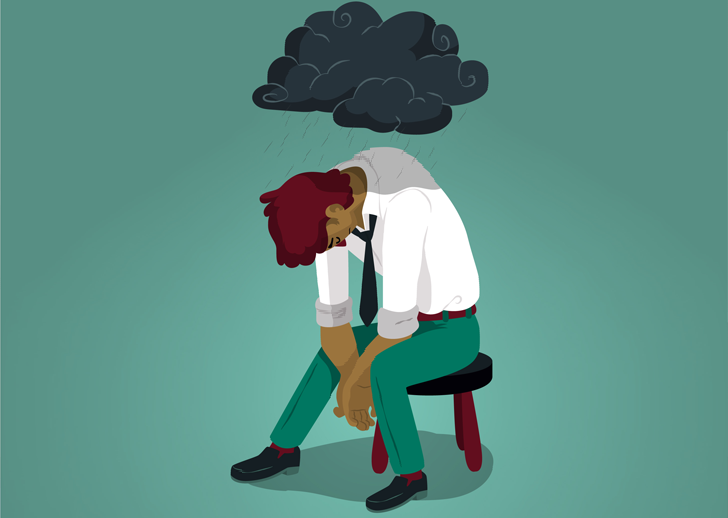
Make direct statements, such as:
- I am going to kill myself
- Life is not worth living.
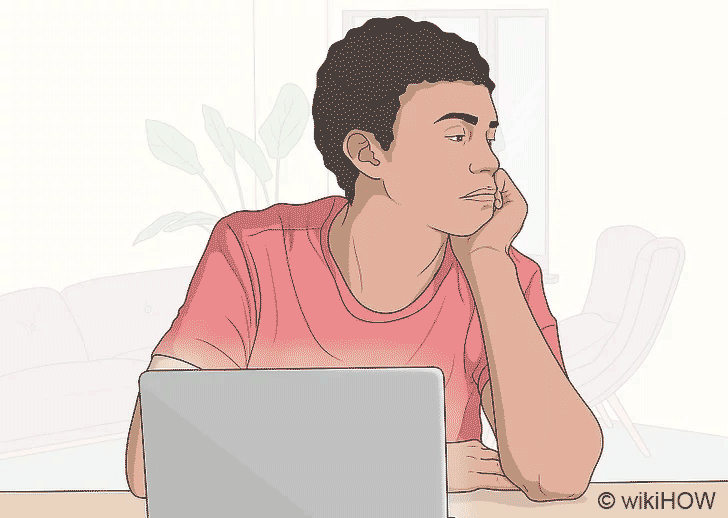
Make indirect statements, such as:
- No one will miss me when I am gone
- I can’t take it anymore
- I’m done
- I am a burden to my family
- I want to go to sleep and never wake up
- I hope everything will end.
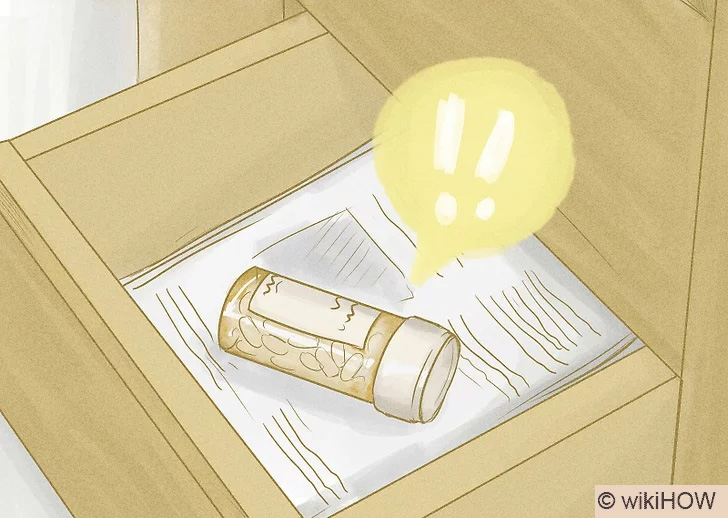
Look for ways to end their life, such as:
- Asking for access to pills
- Asking for, or gaining, access to poisons
- Stockpiling medicines
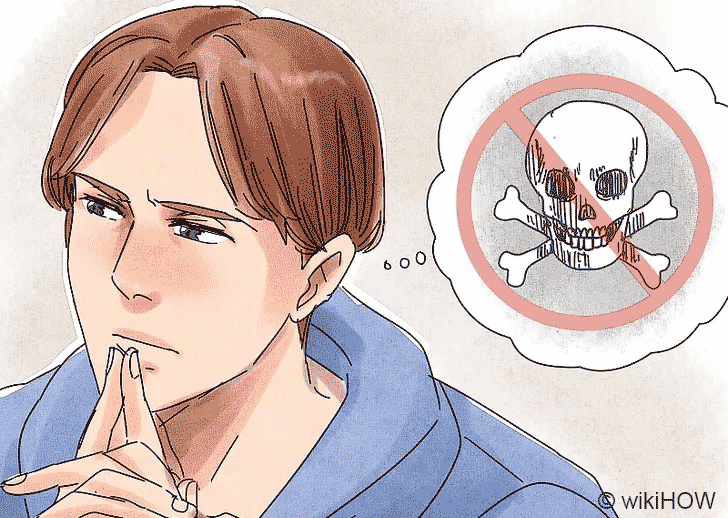
Describe suicide as a “solution”
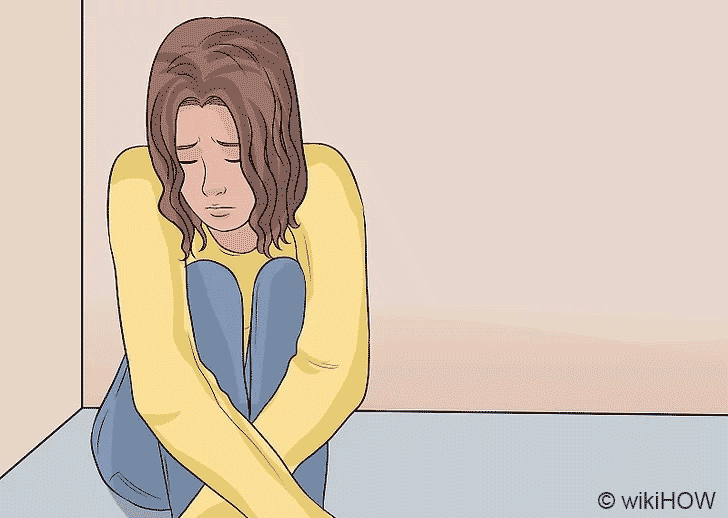
Describe themselves as “worthless”
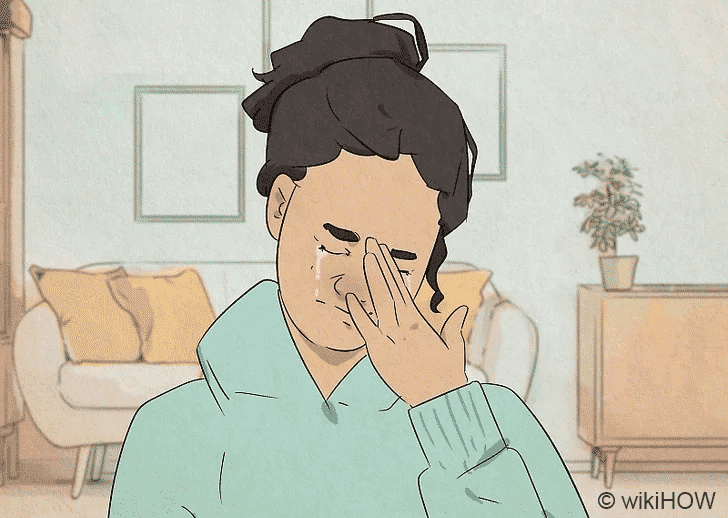
Describe their situation as “hopeless”
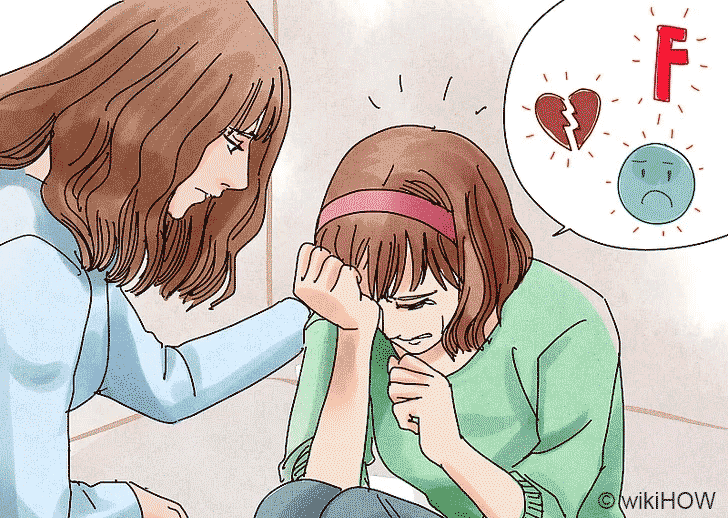
Talk about their death or their desire to die
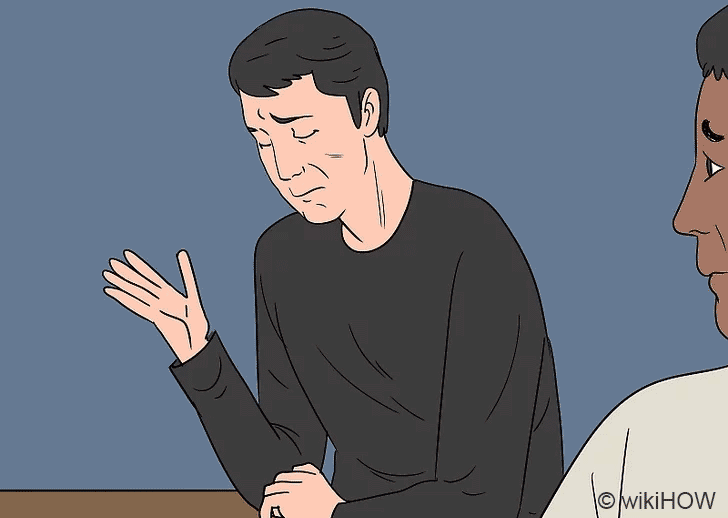
Say goodbye to friends and family
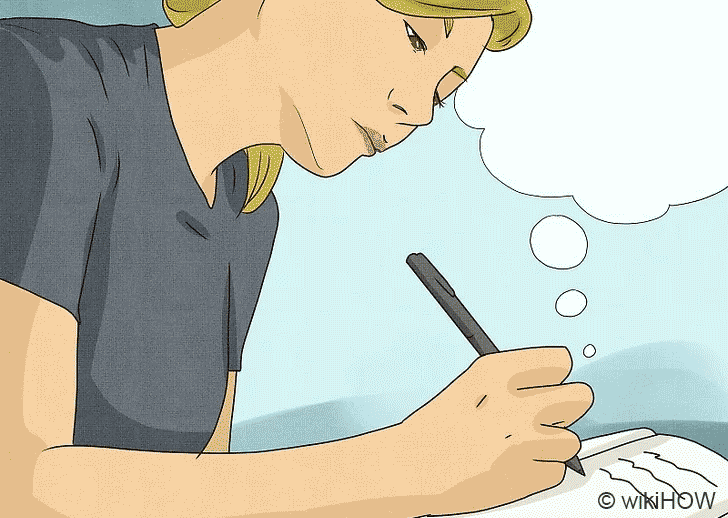
Send goodbye messages to friends and family, via text or email
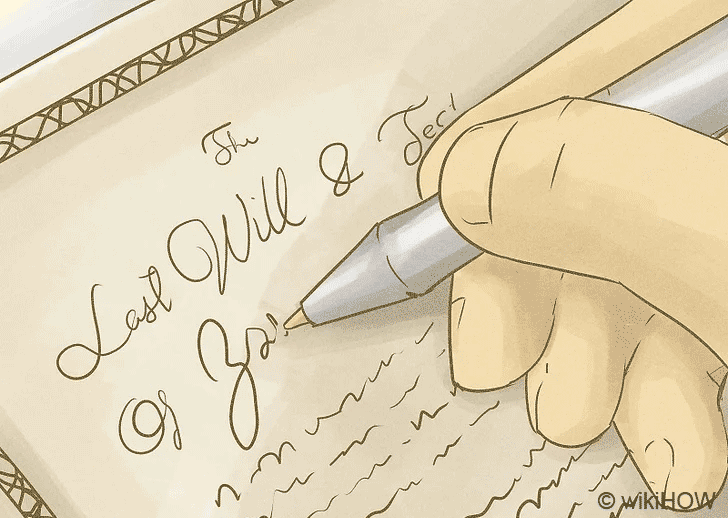
Give away possessions or making a new will
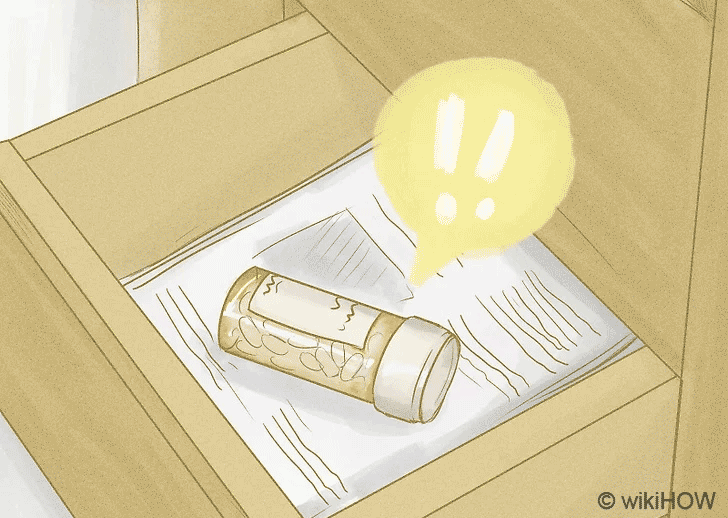
Increase their use of alcohol and drugs
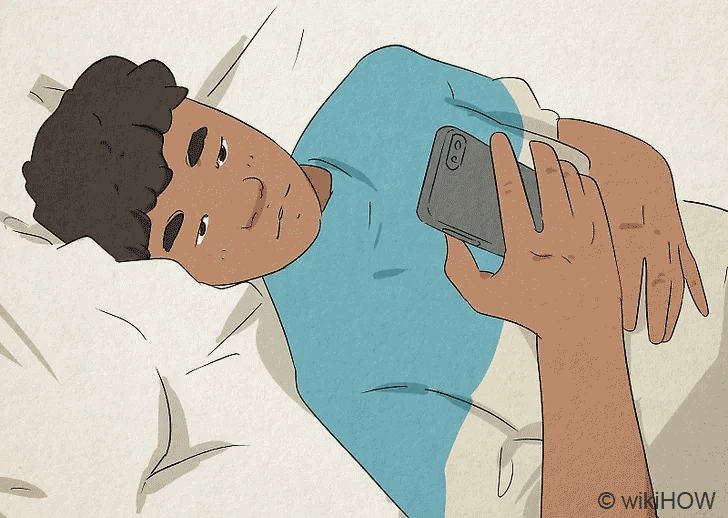
Lose interest in things they previously enjoyed
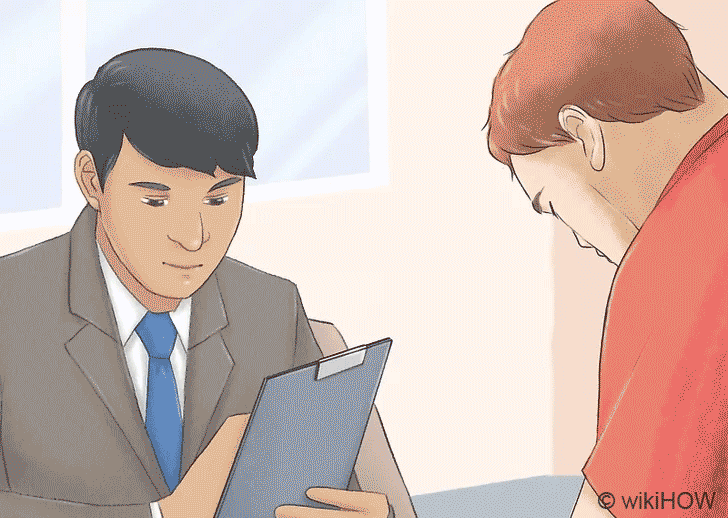
Not performing as well in their usual tasks such as at work or at school
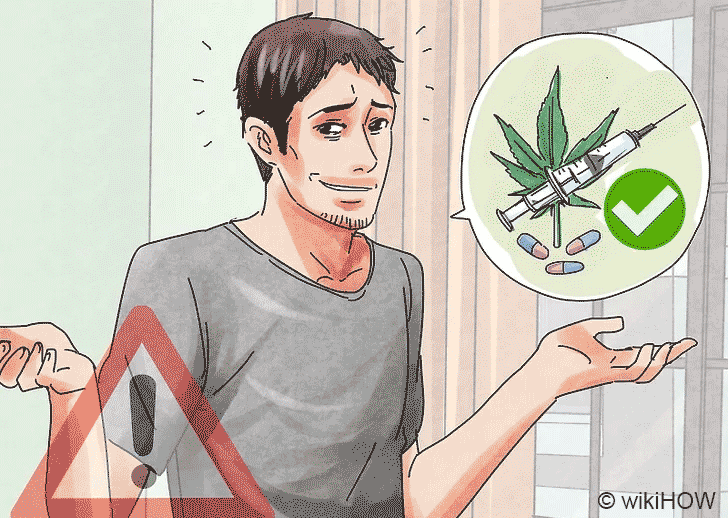
Engage in risky or reckless behaviour
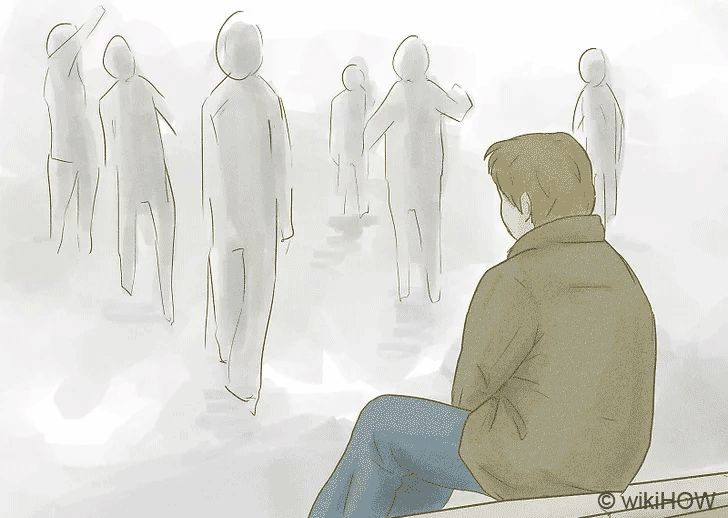
Become withdrawn, isolating oneself.
These warning signs may come out of the blue, or the person may have experienced a recent stressor, such as a job loss, a relationship breakdown, financial strain or a traumatic event.
If you are aware of any of these warning signs in someone close to you, it is important you respond right away. There may be other warning signs that you recognize that aren’t listed above. They may be warning signs specific to the person you know that make you worry. Trust your instincts. If you are worried, respond right away.
Do not ignore the problem
You may feel as though talking about suicidal thoughts might encourage a suicide, but research tells us this is not true. Opening up a conversation about suicide is an important part of suicide prevention. It can make a person feel understood and cared for which is very important.
You can ask the person directly, “Are you thinking about suicide?” and “Have you got a plan for suicide?”.
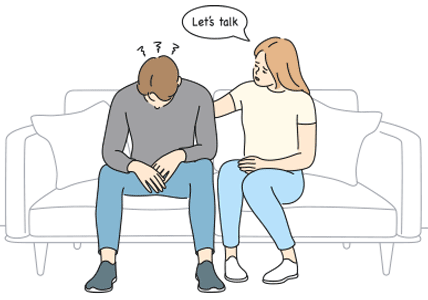
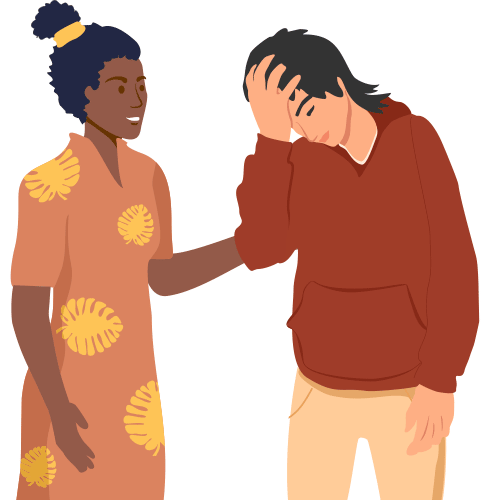
Encourage the person to talk
A lot of the time, the person who is suicidal will be relieved at the opportunity to tell someone how they are feeling. For them, communicating about their emotions and experiences can be very hard. Many people are afraid of talking about their suicidal thoughts as they think it may cause the people around them to feel pain or blame or they may just not know how to find the words to express how they are feeling.
You should encourage them to talk as much as they want to, about whatever they like.
You can encourage the conversation by asking questions like, “Have you felt this way before?” or “How long have you been feeling like this?”.
The person may not want to talk at all. That’s ok, it is their choice. Tell them you are there for them whenever they want to talk.
Consider that perhaps they would prefer to speak to someone else, you could suggest other people they could talk to.
Listen with empathy and kindness
If the person does decide to talk it is important that the person feels heard. Tell them you are there to listen and help them through this crisis. Acknowledge their feelings and experiences.
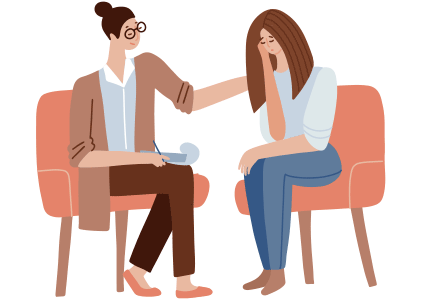
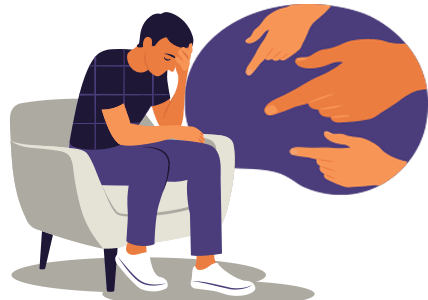
Do not judge
Fear of stigmatization and judgement is one of the greatest barriers to help-seeking for people who are suicidal. It is very important they do not feel judged, especially by the people closest to them.
Do not leave the person alone and remove things they could use to harm themselves
If you are worried that someone’s life is in danger, do not leave them alone and remove things that they could use to harm themselves including:
- medicines
- poisons, such as pesticides
- alcohol
- kerosine
- drugs
- weapons, such as firearms
- vehicles
- cords/rope.
Try to find out whether the person is under the influence of alcohol or drugs, as this increases the risk of suicide. If they are under the influence of alcohol or drugs do not leave them alone, seek help.
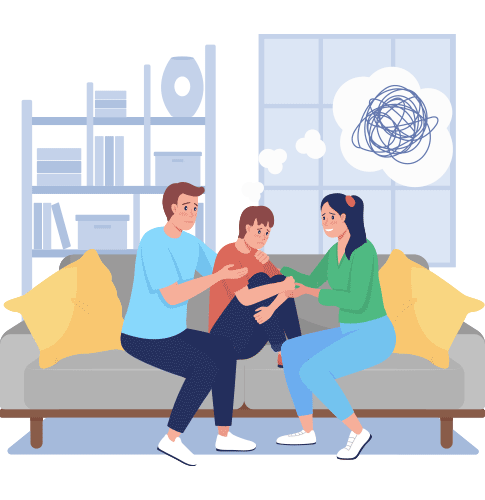
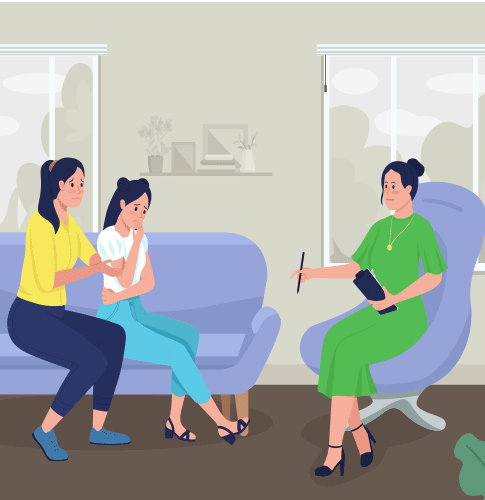
Encourage the person to seek professional help
If you are worried for the person’s life, try and take them to an emergency centre or hospital. It is always best to make a plan to seek help with the consent of the person who is suicidal. However, if the person refuses professional help and you believe their life is in imminent danger you may need to call emergency services against their wishes.
There is also the option of calling a crisis support hotline. Crisis support hotlines are usually available 24/ 7 and have people trained in crisis counselling that can help the person feeling suicidal. The counsellors can also help you deal with the crisis situation.
If the situation is not life-threatening, you could encourage the individual to seek ongoing professional help for their suicidal thoughts and other social or mental health problems. Not everybody will want to speak to a health professional about their suicidal thoughts. Again, this is their choice. All you can do is encourage them to seek help and tell them there is help available. You may like to suggest that you can go along with them and help them speak to a health professional.
See Section 5 for a list of health professionals in your country.

Use the right terminology
Remember, we need to make the person feel supported, without judgement or blame. A lot of this will come through the language we use. Refrain from using stigmatizing language.
Share your concerns
Supporting someone who is feeling suicidal can be very hard on you. You can share your concerns with other trusted people or health professionals, you need support too and should not carry the responsibility alone. There are people that can help.
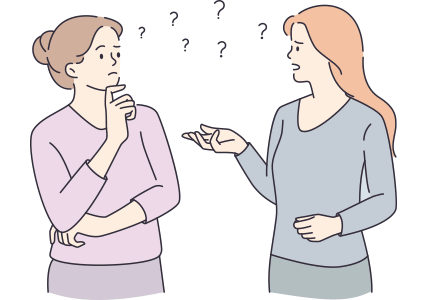
You’ve survived a suicide attempt, what next?
Your life matters. Your story matters.
If you have survived a suicide attempt, well done for taking this first step and looking for some guidance during this confusing time. We will start off by saying that there is no right or wrong way to feel after a suicide attempt. Some common emotions are:

Intense emotional pain
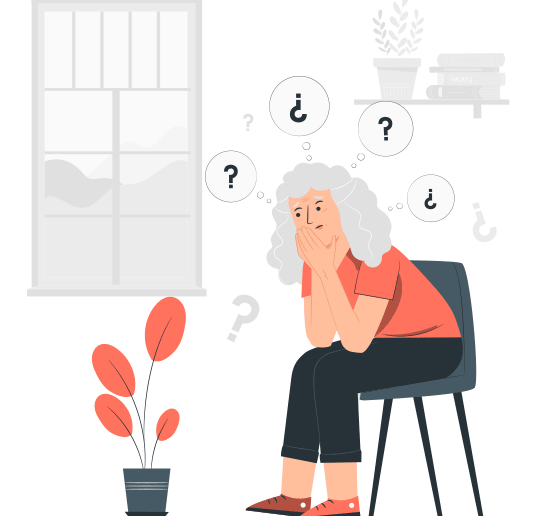
Confusion
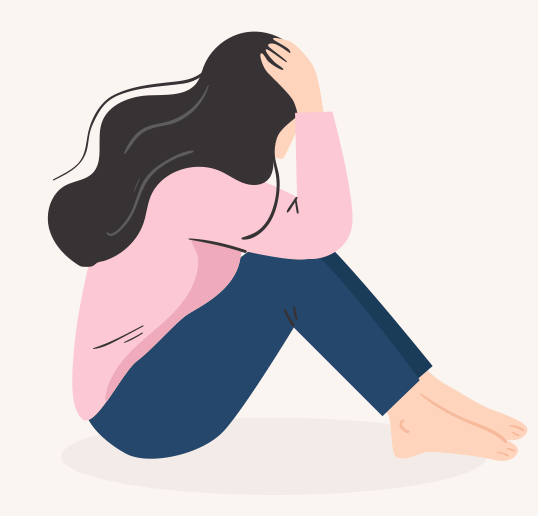
Loneliness
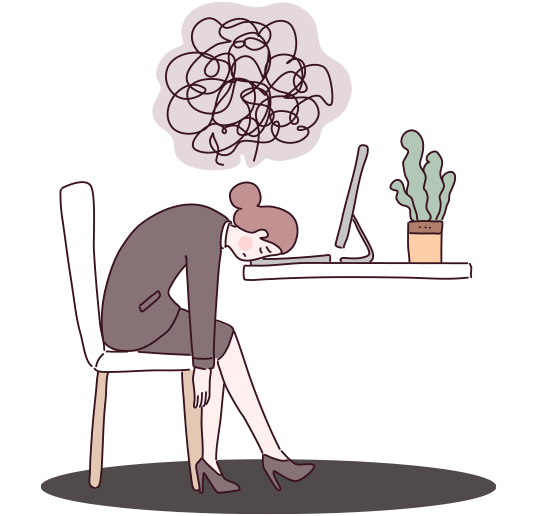
Powerlessness
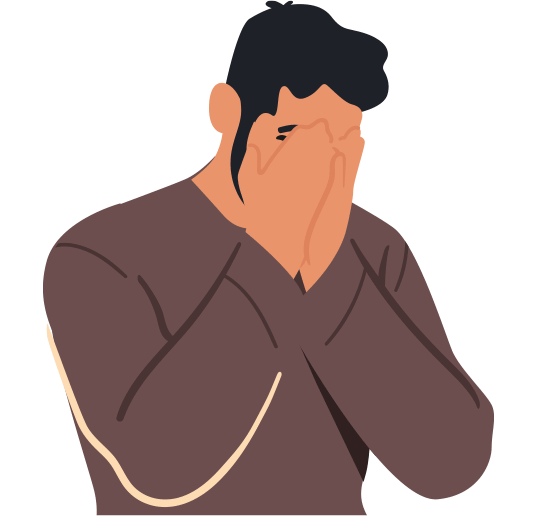
Shame
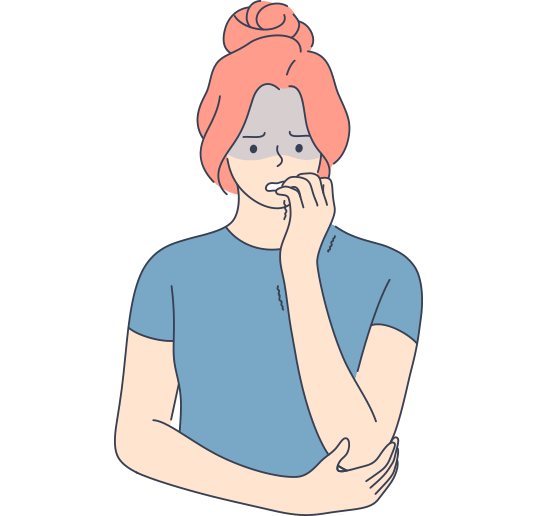
Fear
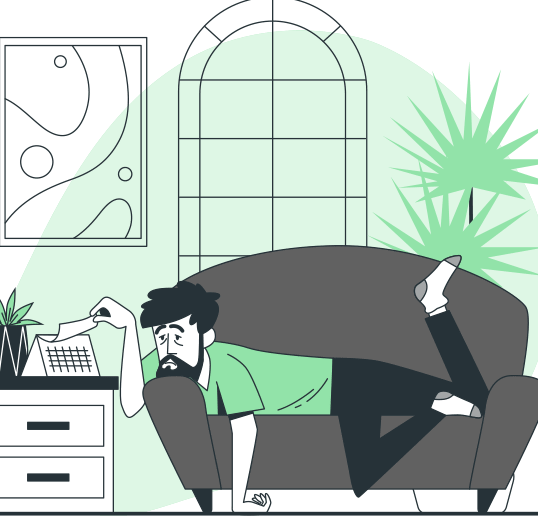
Feeling disconnected
Just as your experience of bereavement will be unique, so too will be your individual needs in terms of support. Suicide bereavement support, also known as postvention, can come in many different forms such as:
Professional help plays a very important part of the recovery process
Mental health professionals will help you answer some of these questions. They are trained to help you express your emotions in a safe and non-judgemental space. They can help you figure out what happened and importantly, help you develop a plan to reduce the chance of it happening again in the future.
With the aid of professionals, you can start to:
- make plans
- set goals
- re-discover your meaning to life
- learn strategies to manage suicidal thoughts if they return.
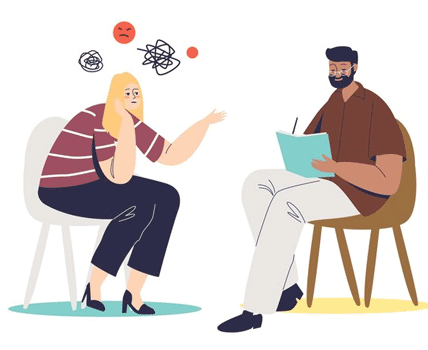
If you ended up in hospital as a result of your suicide attempt, you will have already connected with health professionals. If you had a negative experience with a staff member who may have overlooked you as a person or condemned your situation, don’t let it dissuade you from seeking further help.
Seek help from people who are dedicated to helping people with mental health problems, like psychologists, counsellors, social workers or psychiatrists. Or from a trusted doctor, like your GP.
Remember you are not alone. Let’s hear some stories from some other survivors.
Someone you love has died from suicide
Losing someone you love to suicide is a tragedy. We are very sorry for your loss. If you have lost someone you care about, you are going to be impacted and your experience will be unique to you. There is no right or wrong way to feel, everybody responds and reacts differently.
You may feel:
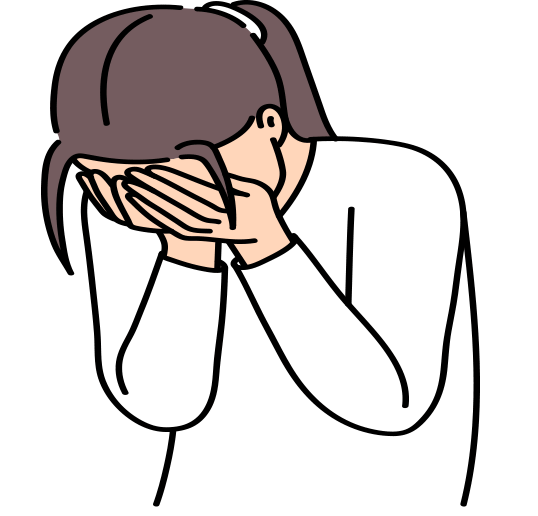
Grief
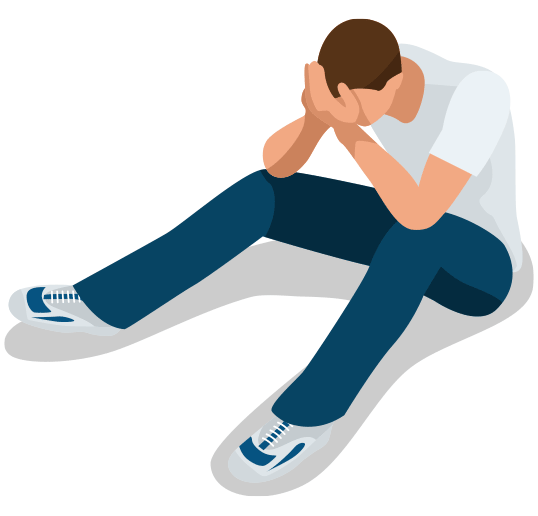
Sadness
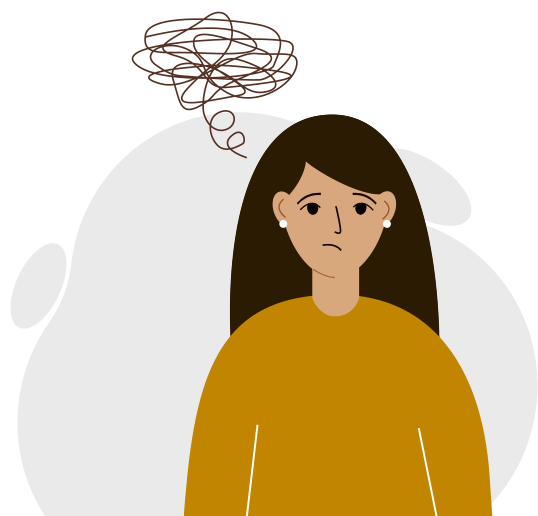
Depression

Shock
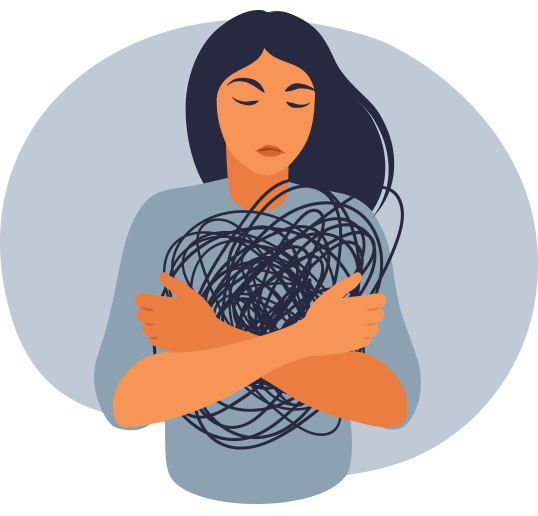
Trauma
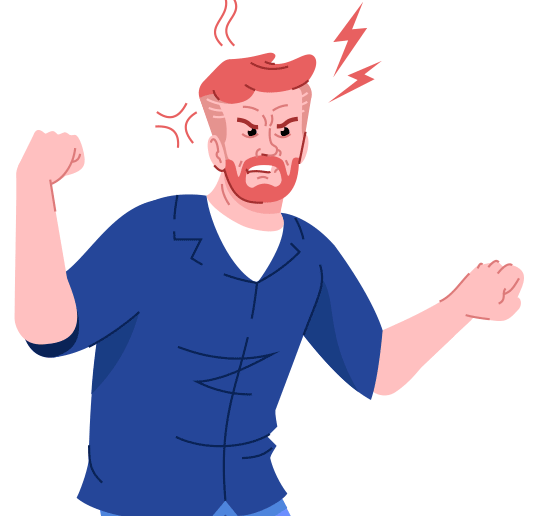
Anger
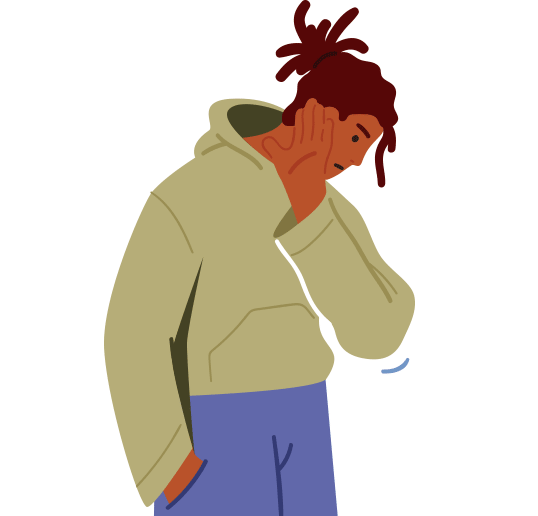
Rejection

Confusion

Abandonment

Shame
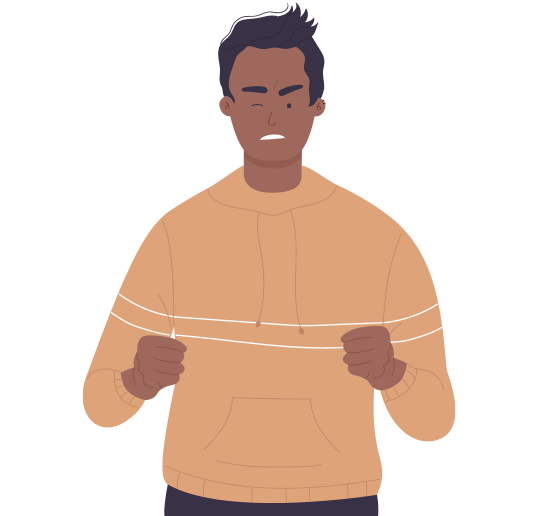
Responsibility
Just as your experience of bereavement will be unique, so too will be your individual needs in terms of support. Suicide bereavement support, also known as postvention, can come in many different forms such as:
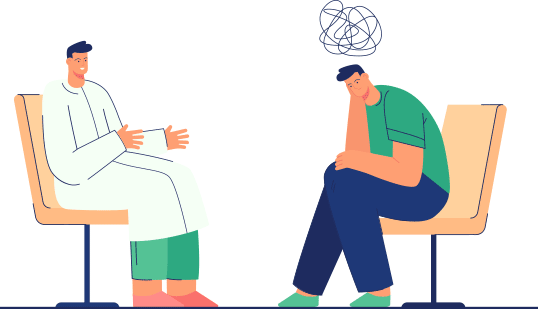
Grief counselling
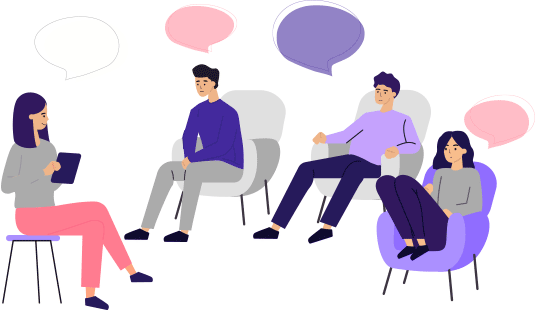
Group support/group therapy

Online support groups
When you are ready, we strongly encourage you to seek help from professionals trained in suicide bereavement support.
An exchange of hope
There is strong evidence supporting the benefit of self-help groups as a tool for people who are bereaved by suicide. Connecting with people who really understand your experience can provide opportunities to:

Learn of new ways to cope with problems and deal with difficult anniversaries
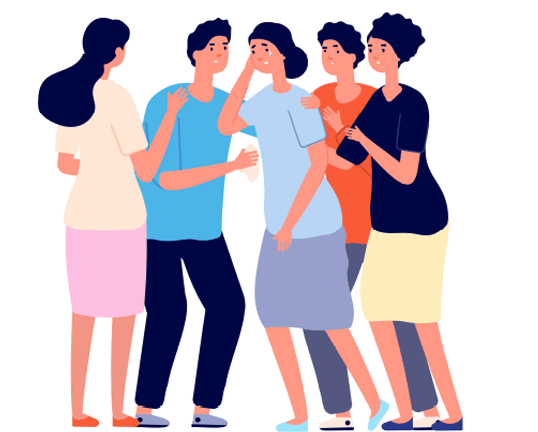
Experience a sense of connection, belonging, community and support

Talk openly in an empathetic, compassionate, confidential and non-judgemental environment
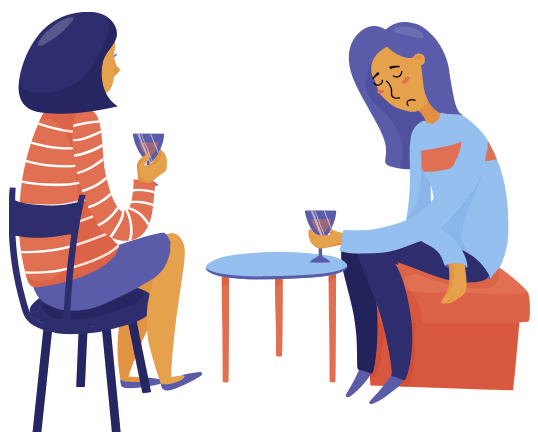
Express grief freely

Help other people
International resources
Befrienders
https://www.befrienders.org/
International Association for Suicide Prevention
https://findahelpline.com/i/iasp
Samaritans
https://www.samaritans.org/
Samaritans can be contacted from abroad by dialling the telephone number 0330 094 5717. Call charges will apply and will appear on the phone statement.
Please see link below showing other ways in which you can Contact a Samaritan.
https://www.samaritans.org/how-we-can-help/contact-samaritan/
Roses in the Ocean
https://rosesintheocean.com.au/resources-hub/
Suicide hotlines
Afghanistan
Emergency – ambulance
Call: 122
Emergency – police
Call: 119
Suicide crisis contact information
Hotline for awareness and psychosocial support
Dr. Abdul Fattah Najm
+0093729070605
+ 0093789797698
Hotline for psychological intervention
Dr Atah Hewad Attal
+93785637133
+93785159208
Hotline for those under stress due to COVID-19
Dr Fareshta Quedes
166
Online psychological counselling
Ms Yalaqi
https://www.ipso-ecare.com
Bahrain
Emergency – ambulance
Call: 999
Emergency – police
Call: 999
Suicide crisis contact information
Mental health and psychosocial support hotline
Psychiatrists, social workers, and psychologists
8:00 am to 8:00 pm
+97366399789
Specialized psychiatric management
Psychiatrists
Weekdays from 7:00 am to 2:15 pm
+973 32229275
Djibouti
Emergency – ambulance
Call: 19
Emergency – police
Call: 17
Suicide crisis contact information
De. Ide Wais Ibrahim
Chief of the Mental Health Department at the Ministry of Health
+253857529
+253606181
+253352712
Egypt
Emergency – ambulance
Call: 123
Emergency – police
Call: 122
Suicide crisis contact information
Befrienders Cairo
Hotline:762 1602/3
Hotline:762 2381
Website:befrienderscairo.com
E-mail Helpline:befrienders@befrienderscairo.com
Psycho-Social Services and Training Institute in Cairo (PSTIC)
https://www.facebook.com/RefugeesTogether
All Emergencies: 0110 060 4002 / 0106 439 0175
Health Emergency: 0110 0782 000
National hotlines
Social workers receive the phone call and then the person is referred to a psychologist or a psychiatrist on the phone
24/7
+208008880700
+20220816831
Mental health and psychosocial support hotline
MdM Mental health professionals
Sunday to Thursday from 9:00 am to 5:00 pm
+201062866107
Islami Republic of Iran
Emergency – ambulance
Call: 115
Emergency – police
Call: 110
Suicide crisis contact information
Irsprc.org
Call: 42152
National Helpline of the Ministry of Health and Medical Education of the Islamic Republic of Iran.
Iranian individuals in need of psycho-social counselling can call 4030 and dial the following numbers for the following services:
- Dial 1 and then dial 6 to receive vocal messages about your mental health.
- Dial 3 and then dial 6 to get in contact with clinical psychologists, which are available for 16 hours, from 8 AM to 12 midnight.
- Dial 5 to get in contact with clinical psychologist for tobacco cessation services.
Iraq
Emergency – ambulance
Call: 122
Emergency – police
Call: 104
Suicide crisis contact information
Heevie - WHO-supported nongovernmental organization
Erbil: Basic counselling skills
Social workers and psychiatrists
+964771 077 2229
Kalak/Dohuk: Counselling and specialized services
Psychotherapists and psychiatrists
+964750 891 3093
Camps/Dohuk: Basic counselling
Trained health workers
+9647507654039
Specialized services
Psychiatrists at MAM
9:00 am to 4:00 pm
+9647701599059
+9647717261135
+9647715008787
SEED Foundation in Dohuk
Referral/hotline for community, mental health, and legal assistance needs
Counselling and specialized services
+9647517406826
Cordaid - WHO-supported nongovernmental organization
Sinjar/Ninewa
Counselling by psychologists and case workers
+9647517572194
Specialized services by psychiatrists
+9647517885325
Telafar/Ninewa
Counselling by psychologists and case workers
+9647517418178
Specialized services by psychiatrists
+9647500173537
PUI
Ninewa/Dohuk
Basic counselling by social workers
+96377080044780
+96375080012416
Specialized services
+9637708295358
Anbar
Basic counselling by social workers
+9637880074061
Specialized services
+9637833060426
Jordan
Emergency – ambulance
Call: 911 or 112 from mobile phone
Emergency – police
Call: 911 or 112 from mobile phone
Suicide crisis contact information
Jordan Clinical Psychologists Association
Text - 962795440416
Call: 962795440416
https://www.facebook.com/Jordanian-Clinical-Psychologists-Association-987247728018555
Jordan River Foundation
Jordan River Foundation offers free-of-charge services offering support in child and family safety and psychological well being, as well as referrals to people throughout Jordan.
Call: 110
https://www.jordanriver.jo/en/programs/protecting-children/110-families-children
Collaboration between Ministry of Health, Jordanian Association of Psychiatrists, and the International Medical Corps (IMC)
Services: remote MHPSS
Contact number: 0795785095
Jordanian Clinical Psychologists Association
Service: remote MHPSS support
Contact numbers:
Mohammed Shoqeirat: 0795440416
Ahmed Matarneh: 0796206768
Manar Hasan: 0787700373
Hotline for mental health psychosocial support, and referral for medications and consultation
Case managers (psychosocial staff) and psychiatrists
24/7
+96279785095
Remote mental health and psychosocial support support and delivery of medications, when needed
Specialized psychologists (25) and psychiatrists (47) through the Clinical Psychologists Association
24/7
+962795440416
Mohammed Shoqeirat
+96796206768
Ahmed Matarneh
+962787700373 Manar Hasan
Kuwait
Emergency – ambulance
Call: 112
Emergency – police
Call: 112
Suicide crisis contact information
Online and hotline mental health and psychosocial support services
Psychologists and psychiatrists under the supervision of the Ministry of Health and the Ministry of Justice
@kcmh on Instagram
Lebanon
Emergency – ambulance
Call: 140
Emergency – police
Call: 999 or 112 from mobile phone
Suicide crisis contact information
Embrace Lifeline
The Embrace Lifeline is the National Emotional Support and Suicide Prevention Helpline in Lebanon. The Lifeline provides over the phone emotional support, suicide risk assessment and orientation to community mental health services.
Call: 1564 (local)
Call: +961 1 341 941 (international)
Website: https://embracelebanon.org/
Ministry of Public Health hotline
1214
COVID-19 Call centre
01-594459
Libya
Emergency – ambulance
Call: 193
Emergency – police
Call: 1515
Suicide crisis contact information
Psychosocial support team
Call: 1417
Text: 00218923978252
Open: 2pm – 2am
Coronavirus hotline
National Centre for Disease Control to offer psychosocial support
195+218
Phone consultations about mental health
Arrazi Psychiatric Hospital
9:00 am to 1:00 pm
+218214781712
+218214781711
Morocco
Emergency – ambulance
Call: 15
Emergency – police
Call: 19
Suicide crisis contact information
Centre d'Etude et de Prévention du Suicide
Website: https://www.sourire2reda.org
Email: contact.sourire2reda@gmail.com
Online chat: www.stopsilence.org
Oman
Emergency – ambulance
Call: 9999 or 112 (from mobile phones)
Emergency – police
Call: 9999 or 112 (from mobile phones)
Suicide crisis contact information
Not alone mental health campaign
Text or call: +968 9935 9779
https://www.whispers-of-serenity.com/
Dr Mahmoud Zahir Al-Abri
Supervisor-Executive Office, National Committee for Narcotics and Psychotropic Substance Affairs-Ministry Of Health
+968 99345209/
+968 24873010/
+96824873011
Pakistan
Emergency – ambulance
Call: 1122 or 112 (from mobile phones)
Emergency – police
Call: 15
Suicide crisis contact information
Umang Pakistan
Call: (92) 0311 7786264
Website: https://www.umang.com.pk/
Email: info@umang.come.pk
Institute of Psychiatry, WHO Collaborating Centre, Rawalpindi Medical University
Prof Asad Tamizzuddin
Head Institute of Psychiatry, WHO Collaborating Centre, Rawalpindi Medical University
0336-55057
Baluchistan Institute of Psychiatry and Behavioural Sciences, Quetta
Prof Ghulam Rasool,
Executive Director
BIPBS Quetta, Pakistan
Hotline Number: 0092-81-9213093/3042
Skype ID: info@bipbs.gob.pk
10 am to 1 pm Monday to Saturday
WhatsApp
Prof Ghulam Ra
sool
+923133816786 5-7 pm
Dr Ilyas Baloch
0092-321-8036365
12-3 pm
Shaheed Mohtarma Benazir Bhutto Medical University,Larkana, Sindh
Prof Rahmat Ali Wagan
00-92-333-7538646
(His personal Cell)
Rozan (NGO)
080022444 (land line closed due to Covid-19)
0092 3355000401
0092 3355000402
0092 3355000403
Monday - Saturday: 10.00am – 6.00 pm
Monday - Friday: 9.00am – 5.00 pm
Telephonic counseling
E-mail counseling
Letter counseling
In person counseling
Sahil (NGO)
080013518
0512850574
0992383880 (Abbotabad)
0838510912 (Jaffarabad)
04235165357 (Lahore)
07 15633615 (Sukkar)
Telephonic counseling
E-mail counseling
In person counseling
Khpal Kore (NGO)
Dosehra Chowk, Nodiya
Market Mardan
Rafi Ullah Chairman
03125102404
Email: rafiullahkko@gmail.com
Khyber Pakhtunkhwa Pakistan
Twitter/chairmankko
Instagram/chairmankko
Mayo hospital Lahore
Prof. Aftab Asif and Associate Prof Ali Hashmi
Helpline 03126765604
Lady reading hospital, Peshawar
helpline 03359168800
Hayat Medical complex, Peshawar
Prof. wajid
Helpline 03334770819
MHPSS Project (Khyber Pakhtunkhwa)
Mon – Fri
9 am – 5 pm
Number: 1700
Punjab Mental Health Authority (Punjab)
0304-1110063
Sindh Mental Health Authority (Sindh)
7 days a week from 8am to 3 pm
111-117-642
Baat Karo (Islamabad)
24/7
0335-574-3344
Taskeen, Sehatmand Pakistan
9 am – 5 pm
Mon – Fri
0316-8275336
Palestine
Suicide crisis contact information
SAWA helpline
Nongovernmental organization
121 (West Bank and Gaza) or 1-800-500-121 (East Jerusalem)
Qatar
Emergency – ambulance
Call: 999 or 112 (from mobile phones)
Emergency – police
Call: 999 or 112 (from mobile phones)
Suicide crisis contact information
Protection and Social Rehabilitation Centre (AMAN Centre)
Call: 919
Website: http://www.aman.org.qa/En/Pages/Home.aspx
National Mental Health Helpline
Toll free number: 16000
Available from 7:00am to 3:00pm
Primary Health Care Corporation
Contact: Customer Services Team, Hayyak on 107 to schedule an appointment for mental health services in primary care
Hamad Medical Corporation
Contact: National Mental Health Helpline 16000
Available from 7:00am to 3:00pm
Sidra Medicine (Women and Children)
Contact: Call Center +974 4003 3333
Naufar (Addiction and Substance Use Disorders)
Contact: Call Center Team +974 4494 6000
Saudi Arabia
Emergency – ambulance
Call: 997
Emergency – police
Call: 999
Suicide crisis contact information
Psychological Counselling Contact Center Hotline
Call: 920033360
Open: 4pm – 11.45pm
Website: http://ncmh.org.sa/index.php/pages/home
Mental health and psychosocial support hotline
Ministry of Health
24/7
937
Somalia
Emergency – ambulance
Call: 999
Emergency – police
Call: 888
Suicide crisis contact information
Ceebla Helpline Somalia
Call:5555
Dr Zeynab Ahmad Noor
Head, Mental Health Unit, Ministry of Health
+252616336044
Sudan
Emergency – ambulance
Call: 999
Emergency – police
Call: 999
Suicide crisis contact information
Befrienders Khartoum
Call:(249) 11-555-253
Dr Zienat Bella Mohamed Ahmed Sanhori
Mental Health Coordinator, Federal Ministry of Health, Khartoum
+2490912649191
Syria
Emergency – ambulance
Call: 110
Emergency – police
Call: 112
Suicide crisis contact information
Dr Amal Shakko
Director for mental health at the Ministry of Health
+963933275156
Remote MHPSS project supported by UNDP- Fadfada:
- Service access line / beneficiaries front page: https://fadfada-pss.com/
- UNDP Gender Analyst - project Manager: Leena Taha - Taha@undp.org
Tunisia
Emergency – ambulance
Call: 190
Emergency – police
Call: 197
Suicide crisis contact information
Tunisia Domestic Abuse Mental Health Helpline
Call: 1809
Open: 3pm – 6.59am
"Cellule d'Assistance Psychologique des victimes de catastrophe" CAP
200 psychiatrists and psychologists from the public and the private sector from all over Tunisia volunteer to answer calls
+21680105050
United Arab Emirates
Emergency – ambulance
Call: 998
Emergency – police
Call: 911
Suicide crisis contact information
Hope Line
Call or text: 8004673
Open: 24-7
Website: hope.hw.gov.ae
Helpline for psychological support
RAK Hospital, by clinical psychologists
10:00 am to 4:00 pm
+9717 207 4444
Online support – “Let’s Support, Together” presents daily online sessions where support is provided, questions are answered, and tips are offered
National Programme for Happiness and Wellbeing, mental health professionals
8:30 pm
Social media channels under the handle @HappyUAE
Online support – “Let’s Reassure, Together” presents short, focused, awareness-raising videos how to build coping skills and mental resilience
@HappyUAE
Online support – “Let’s Talk, Together” offers virtual support groups that provide mental health support to community segments, including mothers, students, older people
Online mental health support through video conferencing
VPS Healthcare and India's psychosocial rehabilitation centre, Cadabam's mental health professionals
24/7
+9618005546
www.vpshealth.com
Remote consultations
Danat Al Emarat Hospital for Women and Children in Abu Dhabi
www.wasfati.ae
Yemen
Emergency – ambulance
Call: 191
Emergency – police
Call: 194
Suicide crisis contact information
Family Counselling and Development Foundation Yemen
Call: 136
Open: 1pm – 1am
Mental health and psychosocial support helpline
Family Counselling Development Foundation
12 hours/day, 6 days/week
Hotline: 8000202
Dr Abdulrahman M. Abdo
General Director
Psychiatric care foundation
12 hours/day, 6 days/week
Hotline: 8000202
Email: psycarefoundation@gmail.com
